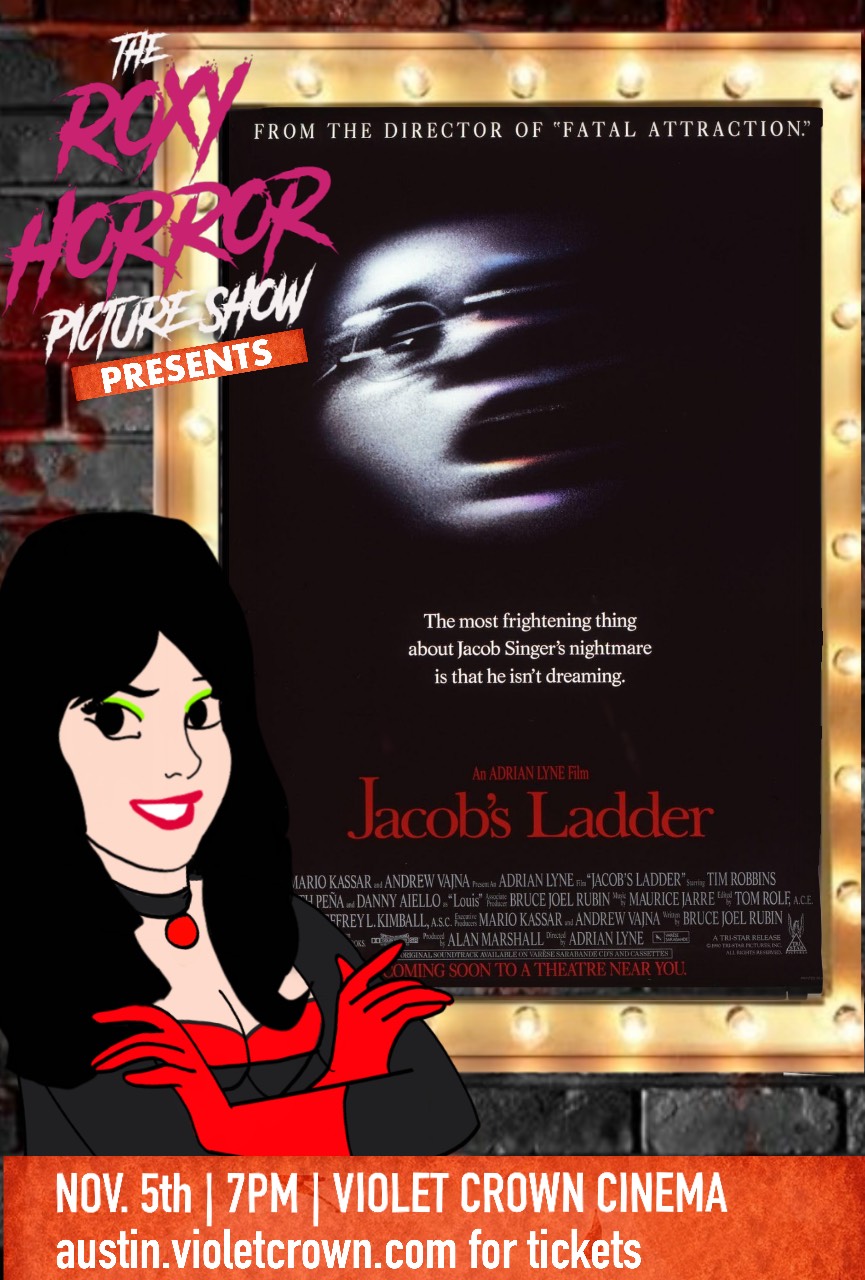The first time I ever heard the voice of Gilbert Gottfried it was coming out of the mouth of Iago the bright red parrot in Aladdin. Gilbert was one of many great things about that movie, but it was a character that always stuck with me. For decades Gottfried has been known as the wacky, screechy, and his pummel-you-over-the-head-with-jokes comedy style that continues to this day. Gottfried is a celebrity without a personal life, a character on set and in interview junkets. Gilbert opens with TV clips of Gottfried breaking into stardom with appearances on The Tonight Show, Howard Stern, Regis & Kelly, and more. Gottfried has been a mainstay of pop culture since the mid 80s and seeing his early performances only reiterates how he has always been true to himself.
Many famous comedians make appearances in here and do nothing but heap praise on Gottfried. Jim Gaffigan describes him as a quiet person and as we begin to enter Gottfried’s real life, the wackiness melts away. It’s easy to imagine Gottfried living in some sort of Dr. Seussian house on another planet but our first real shot of him in the documentary is of a small tired looking man, padding through his kitchen in a white bathrobe and slippers he surely knicked from a hotel (more on that later). It’s not really surprising to hear Gottfried speak normally. He has the same screechy thick Brooklyn accent, only it’s quieter and less intense, but with the same distinct staccato way of speaking.
A quick look around his spacious New York City apartment shows a giant poster of Bela Lugosi’s Frankenstein’s monster, pan over and there’s a large square painting of a smirking Groucho Marx. Gottfried is a huge pop culture fan, particularly of classic films, and a picture of him dressed as Groucho Marx for Halloween is shown.
The documentary plays coy with revealing his wife and children. There’s clip after clip of interviewers pressing him on personal questions only for him to sidestep them with a characteristically absurd joke. Familiar comedians like Penn Jillette, Jay Leno, Whoopi Goldberg, Artie Lange, and Joe Piscopo remark on their fascination with Gilbert in his early days, particularly his dedication to originality, and acknowledge the mysticism of who the true Gilbert was as a factor in his intrigue.
The surprise of the movie is perhaps not surprising at all. Gilbert has a normal life, relatively speaking. He met his wife Dara at a Grammy’s party in the 90s and the rest is history. A long history however given that they dated for 10 years. As Dara says “Gilbert was afraid of becoming just like everyone else.” They have two children as well, happy and loving as ever. There’s an interesting dynamic to their marriage, one that can’t be ignored. Someone remarks that Dara must be a very patient woman and indeed this seems true. Gilbert on the road fairly often, nonetheless spending quite a lot of time with his kids. But, at heart, Gilbert is a child, and perhaps in his more petulant moments, a moody teenager. Dara sits on their apartment floor showing the director their wedding photos and continues to press Gilbert to look at them with her, to which he declines, saying “I’ve seen them. I was there.” There’s no animosity in the conversation but one can’t help wonder if it underlies something. Other than that there seems to be nothing but love.
Gilbert was born to Jewish parents in Brooklyn and it is where his sisters, Karen and Arlene, and deceased mother lived. The documentary really begins to shine here as director Neil Berkeley moves the movie closer to Gilbert’s family, akin to something like Terry Zwigoff’s opus Crumb. Gilbert’s father was a skilled handyman, a talent that brought in a decent but definitely modest income. His father’s worry that Gilbert would never amount to anything, as he was a very quiet and goofy child, showing little interest in practical work. The turmoil of his father’s disappointment lead to him dropping out of high school, a move his father would never forgive him for. The two never reconciled before his death, something that clearly haunts Gilbert as he wishes earnestly that he could bring them back “just for small moments.” He says the fact that he is famous and has a wife and kids “would shock them.”
Gilbert is incredibly close with his sisters and their mother’s house was the central meeting place when she was alive. Gilbert says he visits his sisters almost everyday when his in New York. Although he has two sisters (neither of whom ever married), the documentary primarily focuses on Arlene, a street photographer and – although Jewish by birth – a gospel singer after spending time photographing gospel choirs in New York City. Arlene died on August 8th, 2017, less than two months before the writing of this review.
Of course the documentary had to at some point address the small group of elephants in the room, like the tweets after the Japanese tsunami in 2011 that got him fired from his high paying (and incredibly easy) job as the voice of the Aflac duck. Dara at one point pulls out a box where she has printed the tweets, her explanation that she wanted some posterity since they deleted the tweets. The experience is one that clearly hurt Gilbert and he is somber when discussing it. For the first time (perhaps ever) his 9/11 joke from the Friar’s Club Roast of Hugh Hefner is shown in full. 9/11 had only happened three weeks earlier, when, as many New Yorkers will describe, the whole city was walking around like zombies. The comedians in the documentary are divided, some agreeing it was too soon, others applauding him for bringing humor to a dark moment. His version of the aristocrats that followed however, will live on long after him.
This is director Neil Berkeley’s third documentary, the other two being Beauty Is Embarassing and Harmontown, the latter being a similarly fantastic take on screenwriter/podcaster and tormented human Dan Harmon and his titular podcast. This is just as much of a slam dunk as that was if not more so. For me Gilbert Gottfried has always been part of my pop culture mental furniture. A goofy painting on the wall to giggle at. Berkeley takes us inside of Gilbert’s life. Gilbert always keeps himself at arm’s lengths, even in the documentary’s most penetrating moments. Gilbert is a fascinating look into one of comedy’s most iconic voices, a comedians comedian as many indeed famous comedians say. Character actor Richard Lake at one point compares him to Lenny Bruce, “about as high a compliment as any,” Gilbert remarks. Just like Gilbert himself, this is one that is not to be missed.








